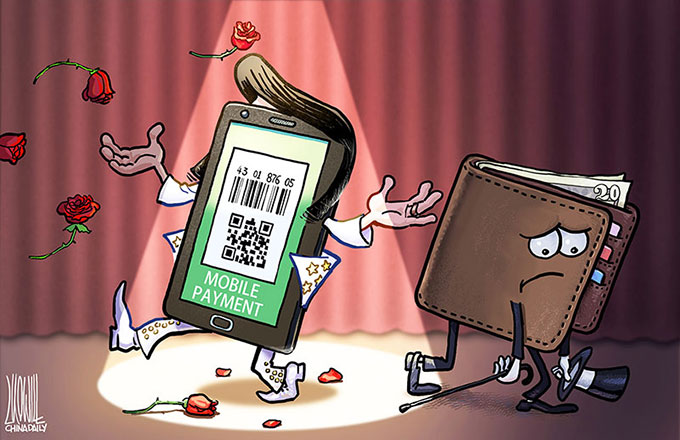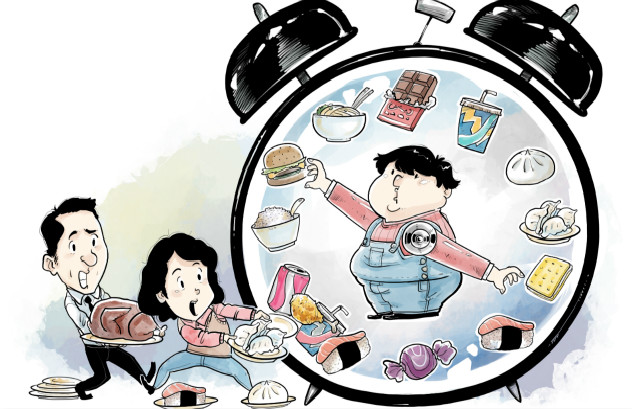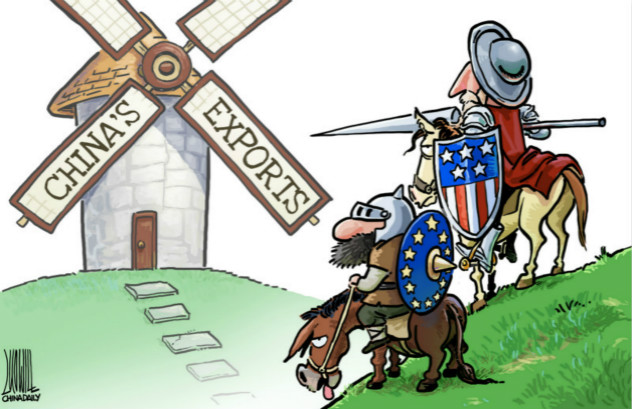Apple of consumers' discord
Apple Inc finally apologized to customers for its poor after-sales service in China after being criticized by the media for days. It's a pity that the media, rather than the law, forced Apple to admit its shortcomings, says an article in Southern Metropolis Daily. Excerpts:
On April 1, Apple CEO Tim Cook issued a letter of apology, saying that the company would take measures to improve its after-sales service in China. But the apology from Cook came after days of the media highlighting the defects in Apple's operations in China.
The apology from Apple is welcome, for it shows that Chinese consumers' rights are getting the recognition they deserve. It will also go a long way in establishing a fair market environment. In market economy, incisive and truthful media comments should be regarded as a scarce resource that, if put into practice, can help build a healthy market atmosphere.
But the most efficient and effective way that Apple could apologize for its mistakes should not be based on the media's activism. Instead, it should be in respect of the rules that govern the functioning of the market.
The investigations of the China Consumers' Association show that Apple's warranty policy for its products in China was against the country's laws, and many lawyers have affirmed that Apple didn't comply with the relevant laws in China.
Some media comments have even suggested that the Chinese government impose reasonable penalty, such as revoking its operating license on Apple for violating laws. Unfortunately, Cook was forced to apologize to Chinese consumers because of such comments rather than Apple's respect for Chinese laws.
There can be three reasons why the law was not used to bring Apple to book. First, law enforcers did not believe that Apple had violated any law. But this is not entirely true because investigations and the subsequent apology by Apple suggest the company has some inherent failings.
Second, the violations that Apple was accused of perpetrating are not uncommon among other multinational companies operating in China and, therefore, the government cannot be fair if it penalizes only one company for its lapses.
Third, Apple has a huge market in China, which works both ways: on one hand, it provides huge revenue to the company; on the other, it helps boost domestic demand.
No matter which of the three is the real reason for government inaction, it is a pity that the law didn't take its course. But one thing is for sure that multinationals should respect Chinese laws when doing business in China. Media reports say this is the third time that CCA has criticized Apple's after-sales service. But it proved effective this time because the media took up the Chinese consumers' case.
Hopefully, in the future, multinationals will respect Chinese laws and regulations, and not force the media to act as advocates of justice.
(China Daily 04/10/2013 page9)





















